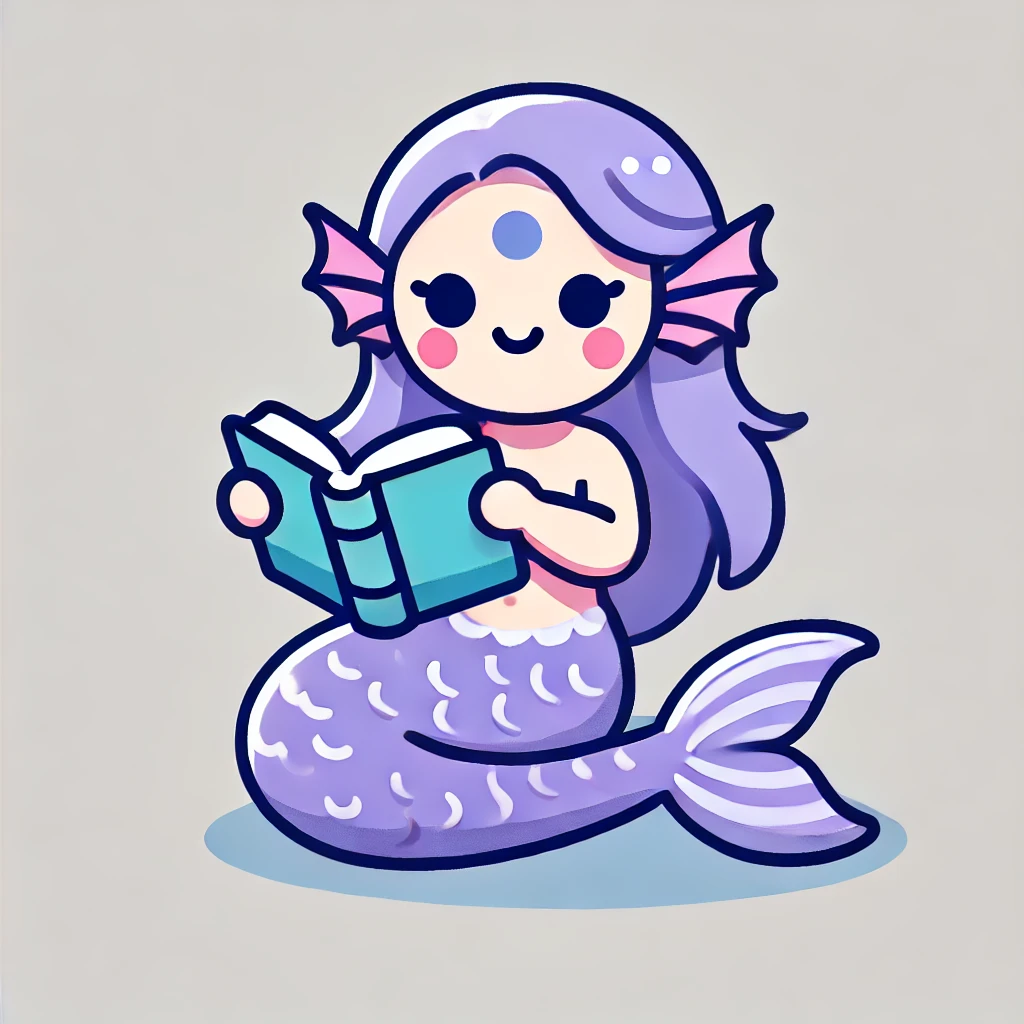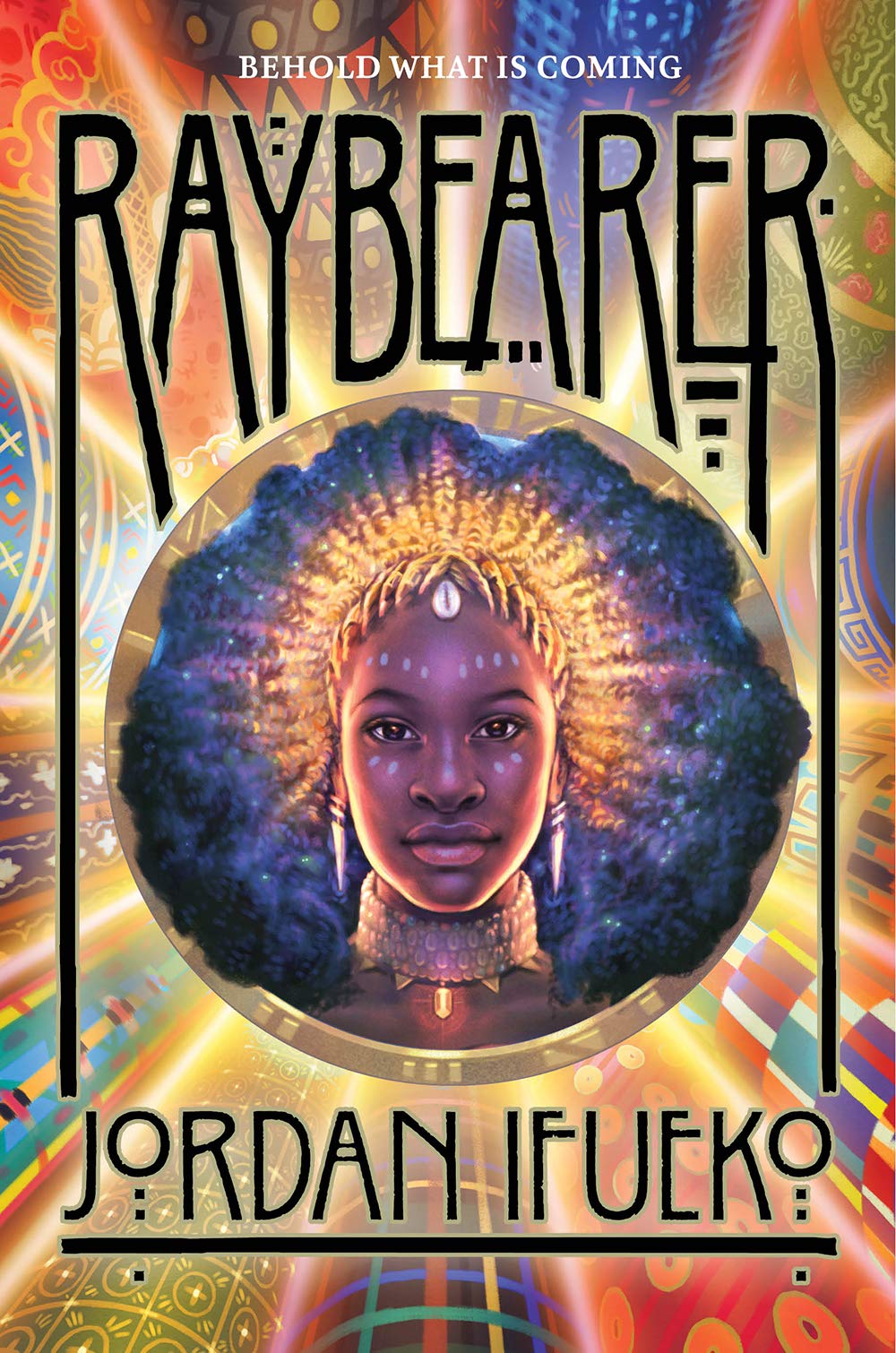kitapo created a list
Black Fantasy & Sci-Fi
0






kitapo created a list
Black Romance
0






kitapo wants to read...

A Sea of Vows and Silence
Whit Stanfield
kitapo created a list
Mermaids and Pirates
0






kitapo commented on a post
kitapo finished reading and wrote a review...
When the synopsis said it's a mix of Pirates of the Caribbean and Atlantis, it fucking meant it!! There would be moments in the story where I could shot-for-shot picture the scene on the big screen, and now all I want is a movie that brings the story to life. This story perfectly blends all the best parts of both worlds (but it’s even better cause ✨sirens✨), while also remaining completely unique in its lore, magic, and plot. I’m so grateful that I was given the opportunity to receive the arc for this book! I love that Esmyra is actually morally grey while still having a good heart that shines through in just the right ways. Her and Draevyn were just *chefs kiss*. I loved their romantic subplot that evolved naturally and at a steady pace, as opposed to developing too quickly. The only issue I had with the story was Esmyra’s character, despite how much I liked other aspects about her. For a woman who’s been alive for nearly a millennium, she’s incredibly naive. She struggles to hide her emotions and is too quick to trust and susceptible to manipulation in a way that feels almost disingenuous to what her character should be. Yes, I understand that it’s largely due to her own insecurities and longing for kinship, but at the end of the day, she’s been a member of the most feared pirate ship for 900+ years and has killed countless people. I just felt like this aspect of her personality didn’t suit her all that well and took me out of the story. So much of the conflict could have been solved by Esmyra doing even the smallest amount of personal reflection and COMMUNICATION with Drae. You're a siren who can manipulate people, but you don't know how to prevent yourself from being aggressively manipulated at your big age?? It drove me nuts. One of her biggest dilemmas is the fact that she feels like her father turned her into a monster incapable of love, but there are too many things about her that make me not believe that. You're a millennia-year-old "monster" that never bothered to learn hand-to-hand combat or to fight properly with anything other than her powers until a man swooped in? She is supposed to be this badass FMC that doesn't need a man, but throughout the book, every aspect of her story is altered by the decisions and wills of the men surrounding her. I'm looking forward to the next book because I otherwise thoroughly enjoyed the story and want to see how it is continued, but I hope to see Esmyra evolve as a character.
kitapo started reading...

A Wraith Beneath the Tides (Beyond the Tides, #1)
Emilia Jae
kitapo finished reading and wrote a review...
The thing I appreciated about this duology is that I expected it to be very predictable (and don't get me wrong, it had its moments), but for the most part, I was pleasantly surprised by the direction it took at times. Reke completely stole my heart in this story, and I can't wait to read the extra chapter I signed up for the newsletter to read.
kitapo finished reading and wrote a review...
This is everything I’ve been looking for in a mermaid pirate romance and not I’m terrified I’ll never find anything like it again. I was initially worried that the book would be needlessly long because I’ve been getting a lot of dragged out stories lately (or stories that simply weren’t long or expanded on enough) so I was pleased to have a well paced story that didn’t make me feel like I was reading something that would never end.
kitapo commented on a List
Spicy Romance
1
kitapo created a list
Spicy Romance
1






kitapo commented on a List
Delicious Monster Smut
3
kitapo started reading...

All The Love We've Ever Shared (The Gladiators of Outer Space, #2)
Carlotta Page
kitapo finished reading and wrote a review...
I don't know what it is, but the whole 'her being his sexual awakening and she has to teach him' thing really works for me.
kitapo finished reading and wrote a review...
4.75 ⭐ I love this world because it grapples with the blurred lines of truth and falsity. On one hand, certain types of sirens (kroans, like the main character from the first book, I think) do consume human flesh, making them apex predators towards humans. But on the other hand, the stories about sirens greatly misinform not only the masses but also the so-called "experts" (hunters) about sirens as a whole, spreading the notion that they are all heartless, emotionless, manipulators incapable of human emotion. Completely misrepresenting them and causing mass hysteria and hatred. I love the seamless ways these two things are present and how they impact the way the main characters interact with one another. This story presents a very different side to how these things impact a person than the first book, and I really appreciate getting the chance to see that. The first book was two raging fires constantly fighting for dominance over the other, while this book is two wounded people, hardened by circumstances, desperately seeking healing and comfort in whatever twisted way that may present itself. I really appreciated what that story adds to the world and its siren lore in preparation for the next book. I was provided a free copy of the book via BookSirens in exchange for an honest review, and I am so grateful that I got the opportunity to read this instalment. I can’t wait to see the continuation!
kitapo started reading...

The Withering Dawn
Courtney Leigh
kitapo finished reading and wrote a review...
This book had been on my TBR for months, so when it came up as an option for review in one of my university classes, I jumped at the opportunity to check it off while being productive at the same time. I am largely a mood reader, and I was not at all prepared for this book. The same thing happened with Babel: The Necessity of Violence by R.F. Kuang, in which I was excited to read it anyway, but wasn't mentally prepared for it, so it took me months to finish despite becoming one of my favourite books, so much so that I'm only actually finishing the book after having written my paper. Since I wrote a whole paper on this story, my review here will be more in-depth and comprehensive, but I'll condense everything I need to discuss. Slight spoilers ahead. To start, I want to talk about the use of Anansesem, an oral tradition of West African and Caribbean storytelling, to tell this tale. A couple of years ago, I took a cultural theatre class as a part of my minor degree and was in a group with a Theatre PhD student who had a focus on West African theatre. It was here where I first heard of and learnt about Anansesem, and my group did a rendition of Medea in the style. Upon opening Midnight Robber, I immediately drew the comparison and recognized the storytelling as such and was very excited. Since before the Transatlantic Slave Trade, African traditions such as oral storytelling have been considered primitive, and by using Anansesem, Hopkins replaces and decentralizes European scribal traditions with African traditions (Osei, 307), reclaiming the sphere of storytelling. While it did take me a little while to get used to the language and understand the world of the story, this element completely elevated the story as a whole, and I wholeheartedly believe it would not have been as impactful if it hadn't been used. There are other things I could address here, but the most prevalent and difficult to grasp is the subjectivity of the Black girl. In the book, we are wholly immersed in Tan-Tan's realities and experiences, all influenced by her positionality as not only a beautiful young Black girl learning and coming into her abilities and personality, but also in the faults of those around her, primarily her father and stepmother. “For Black girls in a postmodern moment, the construction of self and identity is mediated by various forces, including but not limited to relationships with biological parents or chosen parental figures; issues dealing with racism, sexism, or other forms of discrimination; and those typical of aging development (self-esteem, befriending others, self-expression, sexuality, etc.)... Afrofuturist narratives provide an avenue through which we can understand and theorize the positionality of Black girls and how to imagine a future beyond the debilitating experiences that currently shape Black girls’ postmodern subjectivity” (Halliday, 29-30). Starting at a very young age, Tan-Tan experiences regular sexual and physical abuse at the hands of her father and verbal and physical abuse at the hands of her step-mother, which all directly impact Tan-Tan's view of herself. This instigates the creation of a “spatial difference between herself and the person he assaults; she is no longer that victimized girl… invariably, she separates the rape victim, ‘the bad Tan-Tan,’ from who she is, ‘the Robber Queen’” (Halliday, 41). “Daddy was two daddies. She felt her own self split into two to try to understand, to accommodate them both” (Hopkinson, 140). Starting in Toussaint, Tan-Tan believes Antonio’s treatment is a direct result of her own behaviour, placing all the blame for these situations on herself, which impacts her ability to not only cope but also heal. After everything that happens to Tan-Tan throughout the story, the end was very therapeutic. I don't know how I would have felt if it hadn't ended like the way it did, because while the story is very real and I appreciate that about it, I prefer a happy ending. Midnight Robber weaves an intricate tale of adolescence to adulthood, trauma, and reclamation of history and self in a haunting world of self-discovery and acceptance, and it is, unfortunately, impossible to properly address all the themes present in this book with the depth it deserves here. Halliday, Aria S. “Trauma and the Formation of Radical Black Girl Subjectivity in Nalo Hopkinson’s Midnight Ribber,” Women, Gender and Families of Color, vol. 11, no. 1, 2023, pp. 27-48, https://doi.org/10.5406/23260947.11.1.02 Osei, Elizabeth Abena. “Re-Purposing African Elements in Nalo Hopkinson’s Midnight Robber.” Journal of the African Literature Association, vol. 17, no. 2, 24 Feb. 2023, pp. 298-314, https://doi.org/10.1080/21674736.2023.2181512
kitapo finished reading and left a rating...











